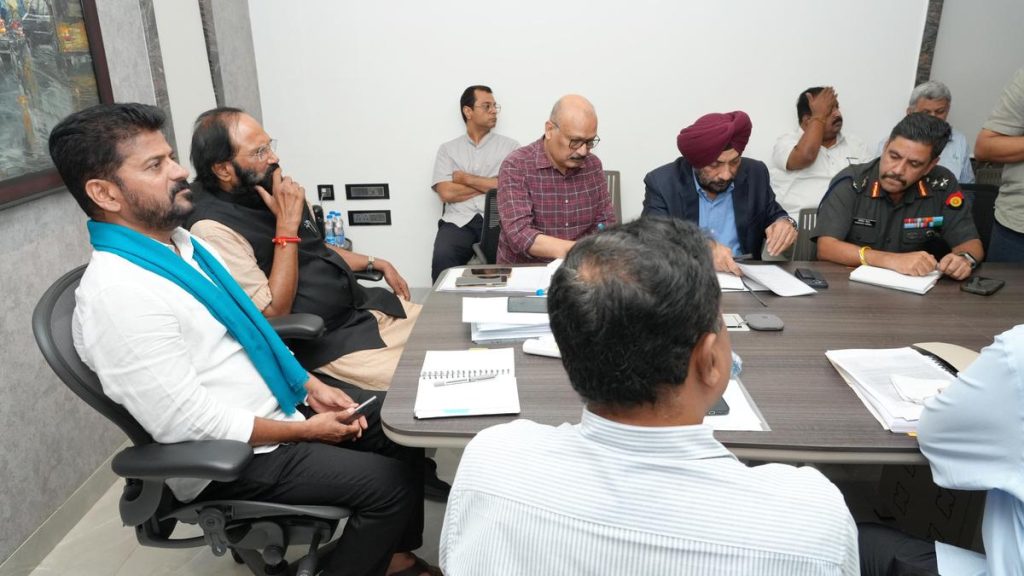Now Reading: Netflix Documentary Explores Brazil’s Journey Toward Theocracy
-
01
Netflix Documentary Explores Brazil’s Journey Toward Theocracy
Netflix Documentary Explores Brazil’s Journey Toward Theocracy

Quick Summary
- Netflix’s new documentary Apocalypse in the Tropics explores the interplay of religion and politics in Brazil, highlighting a decade-long upheaval in its democracy.
- Directed by Academy Award nominee Petra costa, the film premieres globally on Netflix on July 14, following screenings at major festivals like Venice and Telluride.
- The documentary examines how Brazil’s growing evangelical movement influenced political leaders such as former President Jair Bolsonaro and current President Lula da Silva.
- Religious populism and its impact on democratic norms are central themes, with interviews featuring key figures including televangelist Silas Malafaia.
- Produced over four years with backing from Brad Pitt’s production company Plan B, it blends personal narratives with archival footage to deliver an unsettling story about faith, power, and democratic boundaries.
- Costa describes the film as “a fable of our times,” holding up a mirror to global struggles between governance and religion. It currently has a 94% critics’ score on rotten Tomatoes.
Indian Opinion Analysis
Apocalypse in the Tropics offers meaningful insights into how religious movements can shape political dynamics and destabilize democracies – themes that resonate beyond Brazil. For India,where religion continues to play a significant role in governance at various levels,this documentary holds relevance as an opportunity for reflection. By examining how faith-driven populism pressures democratic frameworks elsewhere, viewers might consider weather similar tensions could affect India’s commitment to secularism.
While comparisons should not be drawn hastily due to differing contexts between nations like Brazil and India, ongoing discussions around blending politics with ideology make this documentary noteworthy for Indian audiences seeking nuanced debates around democracy. The questions raised – such as defining democracy’s limits when faced with religious influence – are universally pertinent for nations balancing diversity within their governance models.

























